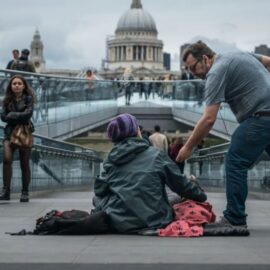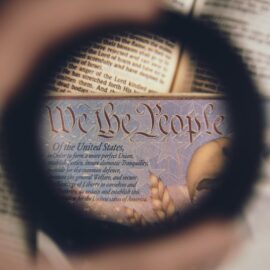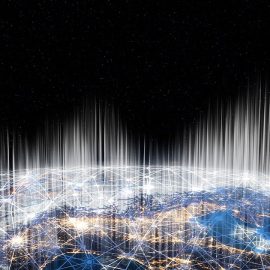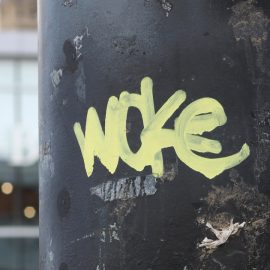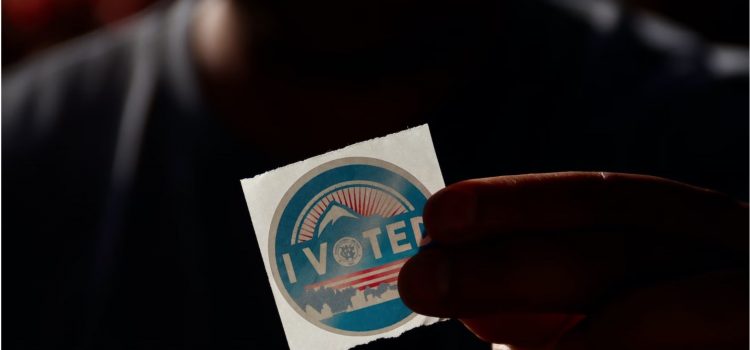
This is a free excerpt from one of Shortform’s Articles. We give you all the important information you need to know about current events and more.
Don't miss out on the whole story. Sign up for a free trial here .
What is voter discrimination? Why do people say voter ID is discriminatory? Is voter ID helping or harming society?
Although large majorities in the U.S. support requiring voters to show a photo ID to vote, the major political parties have been deadlocked on the issue for decades. Opponents of voter ID requirements say it creates voter discrimination against minority communities.
Keep reading to learn the two leading perspectives on the issue of voter discrimination.
Voter Discrimination Overview
Opponents of voter ID requirements argue that it discriminates against people who are most likely to lack a standard ID and would have trouble getting one: people from marginalized or low-income communities, Indigenous peoples, people with disabilities, students, the elderly, rural people, and transgender people.
The ACLU and the Brennan Center contend that as many as 11% of eligible voters (21 million people) lack a government-issued photo ID. Further, up to 25% of eligible Black voters lack a government-issued photo ID, compared to 8% of whites.
Some states, according to the ACLU, reject forms of ID more often held by Blacks. For instance, North Carolina’s law, which was struck down, rejected public assistance IDs and state employee ID cards, which are disproportionately held by people of color in that state.
Voter ID requirements further discriminate against transgender people, whose photo ID may not match their appearance.
And even a “free” government photo ID isn’t equally accessible to everyone. The ACLU notes that obtaining a government photo ID requires showing supporting documents, such as a certified birth certificate, which can be expensive or difficult to get, due to fees, travel, and waiting time.
ProPublica cites a 2015 lawsuit in Alabama on behalf of a high school student who couldn’t vote because she didn’t have a driver’s license. The nearest DMV office where she could get a state-issued voter ID was open only one day a month. Going to the next-nearest DMV office would have required a 40-mile drive.
In contrast, supporters of voter ID contend that requiring a photo ID to vote isn’t discriminatory because showing an ID is required of everyone for a wide range of common activities, including driving, flying, cashing a check, and purchasing certain over-the-counter drugs or alcohol.
Also, they say requiring a photo ID isn’t onerous because voter ID laws allow for a range of ID types, such as military IDs and free government-issued photo IDs for people without a drivers license.
Further, support for voter ID encompasses all demographics: A Washington Post survey in 2012 found that 66% of independents, 60% of Democrats, 65% of African-Americans, and 64% of Hispanics supported requiring a photo ID to vote.
Do Voter ID Laws Suppress the Vote?
There’s another part to the question of whether requiring voter ID discriminates: whether it suppresses voter participation by making it more difficult. The evidence is mixed.
An analysis by Nate Silver in The New York Times in 2012 estimated that voter ID laws could decrease voter turnout between 0.8 and 2.4%. The ACLU cites a 2014 GAO study reporting that such laws reduce overall turnout by 2-3 percentage points. Supporters of voter ID point to a few examples of higher overall voter turnout in elections after new laws took effect, for instance in Mexico.
However, opponents say voter ID laws specifically suppress participation by minority groups—for example, ProPublica cites academic research showing a significant decline in minority turnout in states with strict photo ID laws.
Alternatively, a more recent study, from May 2021, using data from 2008-2018, concluded that strict voter ID laws don’t suppress turnout among groups defined by race, gender, age, or party affiliation—but neither do they have any effect on voter fraud, “actual or perceived.”
The researchers concluded that overall, these “findings suggest that efforts to improve elections may be better directed at other reforms.”

Want to fast-track your learning? With Shortform, you’ll gain insights you won't find anywhere else .
Here's what you’ll get when you sign up for Shortform :
- Complicated ideas explained in simple and concise ways
- Smart analysis that connects what you’re reading to other key concepts
- Writing with zero fluff because we know how important your time is

